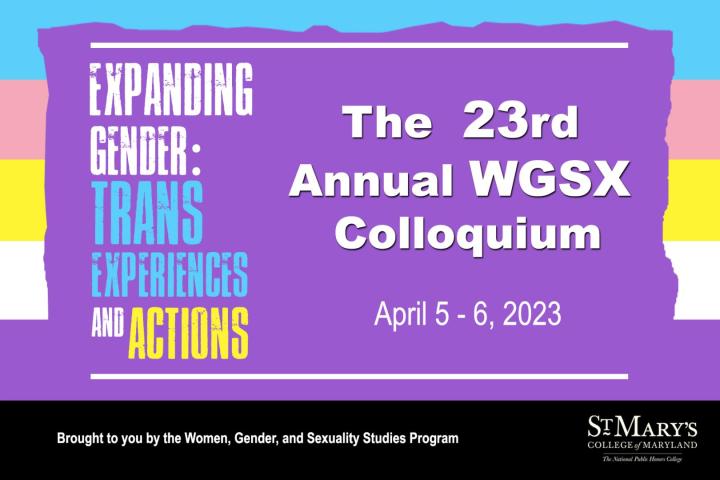-
April 5, 2023
4:30 p.m. - 6 p.m.
+ Google CalendarCampus Center-Cole CinemaIntended AudienceFacultyStaffStudentsGeneral public

“We Have Never Been Queer: Contested Politics of Queer Humanitarianism in Neoliberal Ghana” by Kwame Edwin Otu
Kwame Edwin Otu is a cultural anthropologist with varied interests, ranging from the politics of sexual, environmental, and technological citizenships, public health, and their intersections with shifting racial formations in neocolonial and neoliberal Africa and the African Diaspora. His first book monograph is entitled, Amphibious Subjects: Sasso and the Contested Politics of Queer Self-Making in Neoliberal Ghana, and published by the University of California Press. The book is an ethnography on queer self-fashioning among a community of self-identified effeminate men, known in local parlance as sasso. In the monograph, Kwame Edwin Otu draws on African philosophy, African/Black feminisms, and African and African Diasporic literature to explore how sasso navigate homophobia and the increased visibility of LGBT human rights politics in neoliberal Ghana.
His ongoing ethnographic project investigates the vitality of the queerness of waste in general, and electronic waste, in particular, focusing on a community of e-waste workers whose lives he argues, archive the multitudinous afterlives of colonialism, slavery, and racial capitalism.About the WGSX Colloquium Series
The first annual Women Studies colloquium was held March 22-24, 2000. With the support of the Alice McLellan Birney Women Studies Fund, the cross-disciplinary study area in Women, Gender, & Sexuality presents a colloquium each spring in connection with Women’s History Month. Since 2000, the WGSX Colloquium has become an established tradition at St. Mary’s College. This successful annual program has regularly drawn large audiences to events that have offered powerful interdisciplinary combinations of scholarly discourse and artistic expression (including film screenings, theatrical performances, and exhibitions) to discuss a topic critical to women’s lives.
This Year's Theme – Expanding Gender: Trans Experience and Actions
The 2023 Colloquium continues the program’s tradition of engaging with critical intellectual themes, this time focusing on transgender and gender non-conforming populations. In 2020, nearly 80 different anti-transgender legislatures were introduced. In 2021, that number nearly doubled with approximately 150 proposals. In 2022, activists identified about 280 bills currently filed to restrict transgender individuals’ access to healthcare, bathrooms, education, and athletics. Further, violence toward the transgender and gender-non-conforming community highlights intersectionality, with fatal violence disproportionately impacting transgender women of color. This year’s speakers will focus on the experiences and issues facing transgender and gender non-conforming individuals today.
Sponsor(s)WGSXArgelia Gonzalez Hurtadoagonzalezhurtado@smcm.eduLecture
